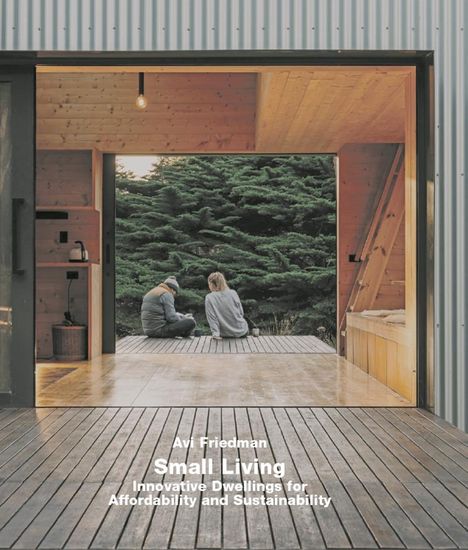Avi Friedman: Small Living, Gebunden
Small Living
- Innovative Dwellings for Affordability and Sustainability
- Verlag:
- Edition Axel Menges GmbH, 04/2025
- Einband:
- Gebunden
- Sprache:
- Englisch
- ISBN-13:
- 9783869050430
- Artikelnummer:
- 12112473
- Umfang:
- 180 Seiten
- Gewicht:
- 1148 g
- Maße:
- 289 x 240 mm
- Stärke:
- 18 mm
- Erscheinungstermin:
- 4.4.2025
- Hinweis
-
Achtung: Artikel ist nicht in deutscher Sprache!
Klappentext
In recent decades demographic shifts have significantly influenced young peoples' residential preference. Due to the rise of single-person households, smaller family sizes, and the desire for lower maintenance and utility costs, many young individuals are choosing to live in smaller, efficient spaces in proximity to work and urban amenities. These changes have led to an increase demand for multi-functional, space-efficient designs. Furthermore the awareness of protecting our living environment increases, the choice of smaller homes is becoming a more common and environmentally responsible decision. This shift is driven by the need to reduce resource consumption, as smaller homes require fewer materials for construction, maintenance, and repairs. Moreover, smaller homes are inherently more energy-efficient due to their reduced space, which requires less energy for heating and cooling. Additionally, the smaller footprint means using less land per dwelling unit.
Anmerkungen:
Bitte beachten Sie, dass auch wir der Preisbindung unterliegen und kurzfristige Preiserhöhungen oder -senkungen an Sie weitergeben müssen.


